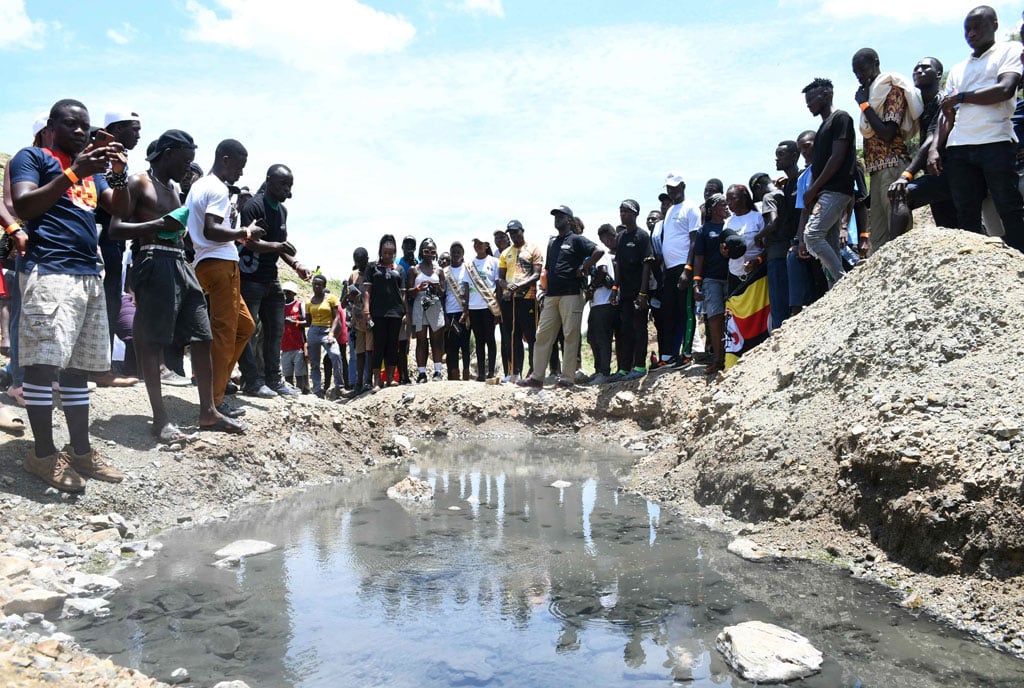
Writer: Njock Ayuk. PHOTO/FILE/COURTESY
Following the conclusion of the “Invest in African Energy Forum” in Paris on May 15, a declaration was made.
This declaration aligns with Africa’s position on the global energy transition and climate justice debate.
African civil society, governments and the private sector stand firm in their commitment to align Africa’s efforts in combating energy poverty and fostering industrialization while pushing for a just energy transition and climate justice. This steadfast commitment was underscored at the forum’s conclusion.
Discussions focused on strategies to attract investment, promote sustainable energy development and drive economic growth while prioritising environmental responsibility.
Stakeholders recognise the critical importance of addressing energy poverty, which continues to impede socio-economic progress in many African countries.
We are now dedicated to championing Africa’s energy agenda, advocating policies that balance economic growth with environmental stewardship, and empowering African nations to realise their energy potential while advancing climate goals.
Also, we recognise Africa’s sovereign right to develop its energy resources – which include north of 125 billion barrels of oil and 620 trillion cubic feet of natural gas – in a balanced and sustainable manner. Ramping up energy investment, deploying continuous finance and advancing energy projects represent Africa’s core priorities, as 600 million Africans lack access to reliable power and 900 million Africans lack access to clean cooking fuels.
Projects like the TotalEnergies-led Mozambique LNG development and the East African Crude Oil Pipeline (EACOP) seek to maximise Africa’s resources for the benefit of local communities.
In West Africa, developments such as Perenco’s Cap Lopez LNG Terminal and associated LPG facility, the Nigeria-Morocco Gas Pipeline and the Eni-led Congo LNG project will catalyse long-term economic growth and energy resilience, with natural gas, LNG and LPG set to play a critical role in the continent’s energy poverty reduction strategy.
The Southern African region is just starting to realise the full potential of its oil and gas resources, with recent discoveries made in Zimbabwe’s Cabora Bassa Basin by Invictus Energy and Namibia’s prolific Orange Basin by Shell, TotalEnergies and Galp.
Despite Africa’s unmet energy requirements, global energy lending has only tightened, as major European and other Western banks exit the fossil fuels industry in Africa, while financing fossil fuels in Western countries.
These institutions have not been equitable when it comes to facilitating adequate energy and climate finance for African countries, where local populations are disproportionately affected by both climate risks and restrictions on fossil fuel development.
Europe has made repeated calls for natural gas and green finance, yet there is a considerable blockage on energy finance for African countries.
We, Africans, deplore the continuous polarisation of the energy dialogue in Western countries. Also, the demonisation of African oil and gas should stop.
We urge free market solutions to Africa, and not a continuous push for aid so that Africans pledge to leave their resources in the ground. More aid is not the answer. Investment is key.
From Cape Town to Cairo, from Nairobi to Dakar, we stand united toward meeting our shared obligations to fight climate change, noting that wealthy nations need to decarbonise and Africa needs to industrialise.
Stakeholders must diversify available pools of capital and create financial instruments outside of traditional institutions – tapping into private equity and non-conventional bonds – to fund new exploration and energy initiatives.
Moreover, African countries must put in place attractive regulatory and fiscal terms to create an enabling environment and remove barriers to investment.
The author, Njock Ayuk, is the executive chairperson of the Africa Energy Chamber.

